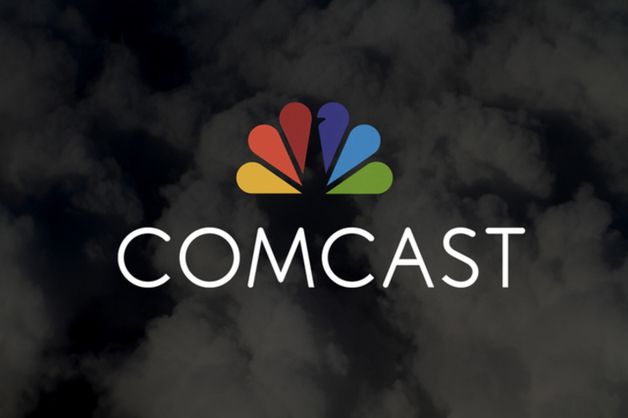In a rather interesting turn of events, Comcast's proposed bid to takeover Time Warner Cable has fallen off a cliff.
"Today, we move on. Of course, we would have liked to bring our great products to new cities, but we structured this deal so that if the government didn't agree, we could walk away," announced Brian Roberts, Comcast's CEO, in a statement. "Throughout this entire process, our employees have kept their eye on the ball and we have had fantastic operating results."
Bloomberg first reported earlier this week that Comcast wanted to walk away from its $45 billion transaction, following several reports about the US Federal Communications Commission meeting with lawyers at the Justice Department in an effort to oppose the merger, but now it's been confirmed that Comcast did kill the plan. Tom Wheeler, the FCC's chair, also issued a statement:
"Comcast and Time Warner Cable's decision to end Comcast's proposed acquisition of Time Warner Cable is in the best interests of consumers," Wheeler explained in his statement. "The proposed merger would have posed an unacceptable risk to competition and innovation, including to the ability of online video providers to reach and serve consumers."
FCC officials reportedly told Comcast last week that its deal with Time Warner Cable wouldn't help consumers. Regulators typically try to stop mergers that would decrease competition in the US, but Comcast's bid to takeover Time Warner Cable was looked upon a bit differently, mostly because both companies made agreements in the past to not directly compete.
The FCC still wanted to send the merger to a hearing before signing off, but doing so would've dragged out the approval process beyond the companies' time frame and might've eventually killed the deal altogether. The Justice Department, which already brought a lawsuit against the merger and was in favour of blocking the deal, also would've been required to present its case.
Bloomberg said Comcast representatives met with the FCC on Wednesday and came away from that meeting feeling as though their deal was in trouble. Thus, instead of putting in the time and financial resources to beat a hearing, Comcast decided to walk away. The merger would have joined the country’s two largest cable operators and reshaped the cable market.
It's important to note the last time the FCC suggested a hearing was for the AT&T and T-Mobile merger in 2011, and that caused both companies to drop their proposal.
READ: Comcast wants to buy Time Warner Cable to control majority of market

